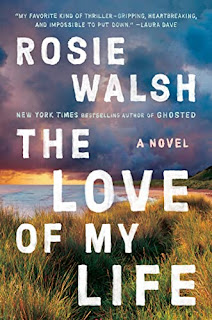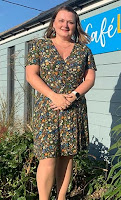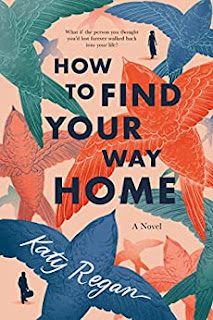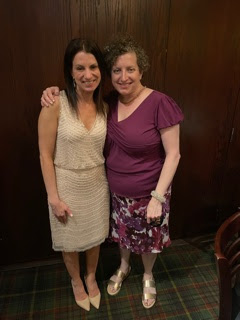By Jami DenisonI’m lucky enough to live in one of the most vibrant cities in Florida—St. Petersburg, which has a thriving downtown area on Tampa Bay and miles of beaches on the Gulf of Mexico. Among the sidewalk cafes, the outdoor music venues, the public parks, the bike paths and the sandy shores is a common problem to all areas—unhoused people living on the streets. We have thousands of them in Pinellas County; some who are local to the poorer side of the city, some who were drawn to Florida for the milder climate. Our social services aren’t enough to help them. When they panhandle outside of fancy restaurants or at intersections, they’re a constant reminder of the growing gap between the haves and have-nots. And they create a personal dilemma for everyone who sees them. Is giving money really helpful, or will they spend it on booze and alcohol? Is this person truly without a home, or do they make more money panhandling than waiting tables? If I put something in his cup, will he harass me for more?
And the biggest questions of all: What happened in this person’s life to put him on the streets? Doesn’t he have a family who loves him? Could this happen to me?
British author Katy Regan tackles these questions in her latest novel, How to Find Your Way Home. Like her U.S. debut, Little Big Love (reviewed here), Regan looks at societal issues from the close-up lens of one small, grieving family.
For years, Emily has been searching for her older brother Stephen, who’s been living on the streets of London since he got out of jail. In fact, she even chose a career in housing assistance in the hope that one day he’d walk through those doors. And eventually, he does. But it’s not all sunshine and roses when the siblings reunite. Even though Stephan accepts Emily’s offer to move in with her, the years of hard living have taken a toll on him. And although Emily loves her brother unconditionally, she’s not thrilled about cigarette smoke in her spotless flat. With a troubled past between them, Emily and Stephen need to confront family secrets before they can truly be each other’s home.
Told in alternating third-person points-of-view and time periods, How to Find Your Way Home is much more Stephen’s story than Emily’s. We first see him as a rambunctious toddler, anxious to meet his new baby sister and taking his father’s words of protection to heart. Later, after their mother leaves their father to marry a war hero, Stephen becomes obsessed with birding—a hobby his new stepfather unfortunately finds too passive. The stepfather’s bullying behaviors cause a chain reaction that eventually leaves Stephen on the streets, estranged from his family.
With his ornithology fixation and complicated relationships and backstory, Stephen feels like a very specific, well-drawn character. Emily is less so—other than her unwillingness to commit to a romantic relationship, her whole life feels like it’s about her brother. If he hadn’t been homeless, what kind of career would she have pursued? She never asks herself, and the reader never gets to know her beyond being Stephen’s sister.
The sections of the book dealing with Stephen’s homelessness are the most gripping in the novel. The book starts with Stephen trying to wash in a Starbucks bathroom, and nearly getting arrested for trespassing. Everywhere he goes, he is treated like something less than human. It’s no wonder that he turned to alcohol to numb the pain, and struggles mightily to stay sober.
However, for me, the specifics of Stephen’s story made it easier to see him as different from the unhoused people who live in my city. Stephen, the author seems to say, is a victim of a selfish mother and an uncaring government. The book’s climax reveals that he is not only blameless for his situation, but a martyr.
There’s an old saying about using fiction to make a point: If you want to send a message, use Western Union. (As I said, it’s an old saying.) But when an author chooses to tackle an important social issue, it’s hard not to see messaging in the story. Regan is a strong writer, and her previous book, Little Big Love, showed enormous empathy toward single mothers, folks in poverty, and people struggling with excessive weight. In How to Find Your Way Home, I’m afraid that by making Stephen so sympathetic, she’s made it easier to blame real people who find themselves unhoused due to more common factors.
In any case, the global pandemic, worldwide housing shortage, and unprecedented inequality has left more people living on the streets than ever. If Regan prompts just one reader to offer a helping hand rather than a scornful glance, she’ll have done more toward solving the problem than many governments have.
Thanks to Berkley for the book in exchange for an honest review.
Enjoyed this post? Never miss out on future posts by following us.



































